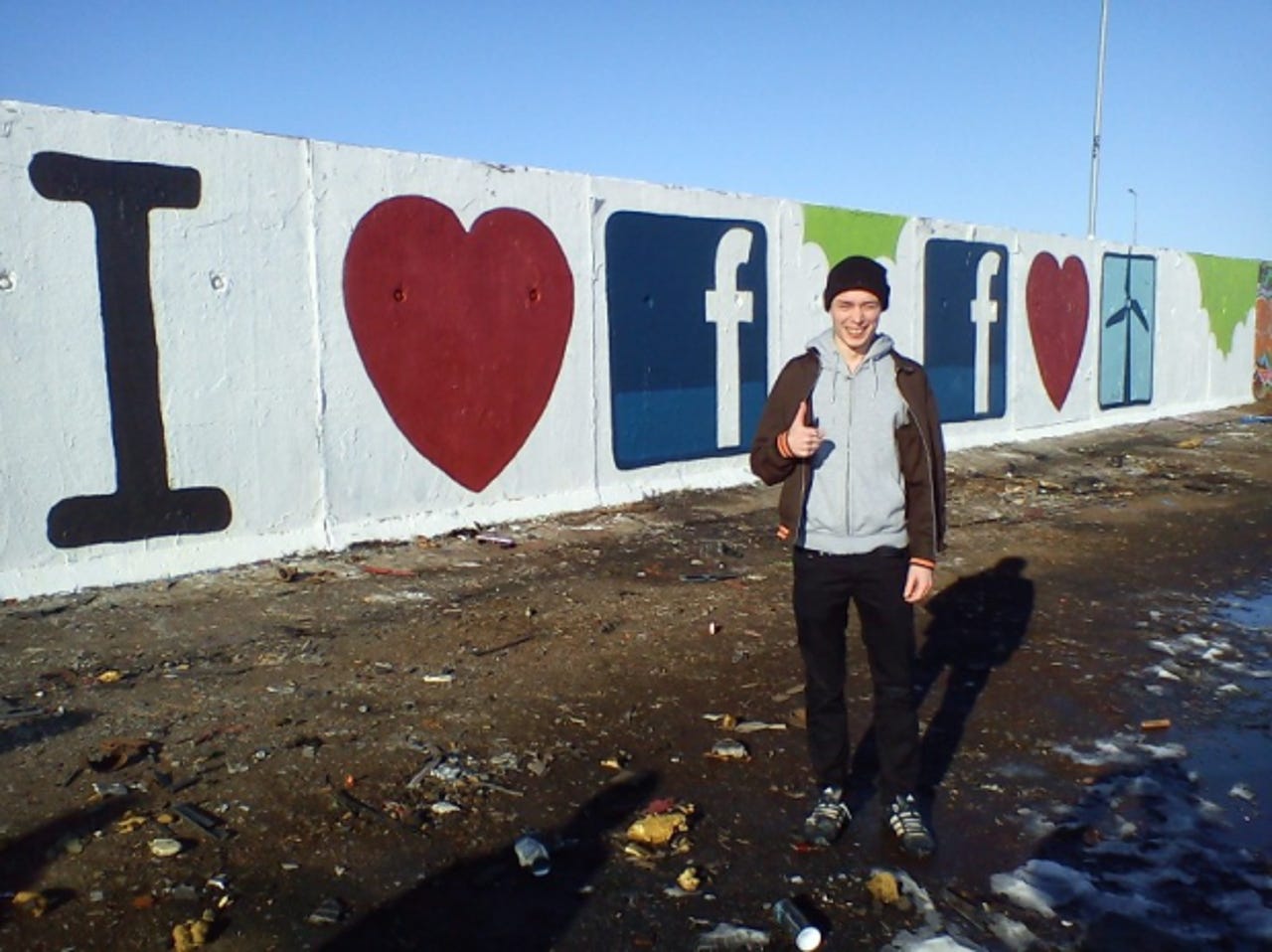Facebook, Greenpeace partner on renewable energy

Facebook and Greenpeace today announced a partnership after a feud over where the social networking giant gets its energy from. The truce consists of three parts: the two companies will collaborate on the promotion of renewable energy, encourage major utilities to develop renewable energy generation, as well as develop programs that will enable Facebook users to save energy and engage their communities in clean energy decisions. The two released the following joint statement:
Facebook is committed to supporting the development of clean and renewable sources of energy, and our goal is to power all of our operations with clean and renewable energy. Building on our leadership in energy efficiency (through the Open Compute Project), we are working in partnership with Greenpeace and others to create a world that is highly efficient and powered by clean and renewable energy.
The following is a list of what each has promised as part of their new joint effort:
- Facebook:
- Adopting a siting policy that states a preference for access to clean and renewable energy supply
- Ongoing research into energy efficiency and the open sharing of that technology through the Open Compute Project
- Ongoing research into clean energy solutions for our future data centers
- Engaging in a dialogue with our utility providers about increasing the supply of clean energy that power Facebook data centers
- Greenpeace:
- Active support for the Open Compute Project, including encouraging companies to join the effort, use the technology, and share their efficiency technology
- Encouraging utility providers to offer ways for customers to get their utility data, including by joining the partnership with Facebook, NRDC, and Opower
- Recognize company leadership in advancing best practices in efficiency or sustainability technology through the open source sharing of design and technology advances.
- Together:
- Working together to develop and promote experiences on Facebook that help people and organizations connect with ways to save energy and engage their communities in clean energy issues.
- Co-hosting roundtables and discussions with experts on energy issues.
- Jointly engaging other large energy users and producers to address the energy choice they are facing and develop new clean energy rather than recommission coal plants or build new coal plants.
Greenpeace makes extensive use of Facebook to engage its supporters in campaigns – Greenpeace International is the most popular environmental nonprofit organization on the social network with almost 1 million likes. Last year, Greenpeace launched its global Unfriend Coal Campaign, enlisting 700,000 online activists to call on Facebook to power its data centers with clean energy instead of coal.
Greenpeace wasn't happy that Facebook picked a power company that generates most of its electricity from coal to power its Prineville, Oregon data center. The group created a Facebook Page specifically for the campaign, which garnered 180,000 Likes.
As a result of the announcement, the campaign ends today. It's not clear what Greenpeace will do with the Facebook Page though: delete it or just let it die by not updating it anymore? For now, the organization has declared victory on the Page.
"Greenpeace and Facebook will now work together to encourage major energy producers to move away from coal and instead invest in renewable energy. This move sets an example for the industry to follow," Tzeporah Berman, Co-director of Greenpeace's International Climate and Energy Program, said in a statement. "This shift to clean, safe energy choices will help fight global warming and ensure a stronger economy and healthier communities.”
"Facebook looks forward to a day when our primary energy sources are clean and renewable, and we are working with Greenpeace and others to help bring that day closer," Marcy Scott Lynn of Facebook's sustainability program said in a statement. "As an important step, our datacenter siting policy now states a preference for access to clean and renewable energy. Another important step will be to work with Greenpeace to put the power of our platform to use for the environment. Greenpeace has been particularly effective using Facebook to spark environmental awareness and action, we are excited to work with them to explore new ways in which people can use Facebook to engage and connect on the range of energy issues that matter most to them – from their own energy efficiency to access to cleaner sources of energy."
